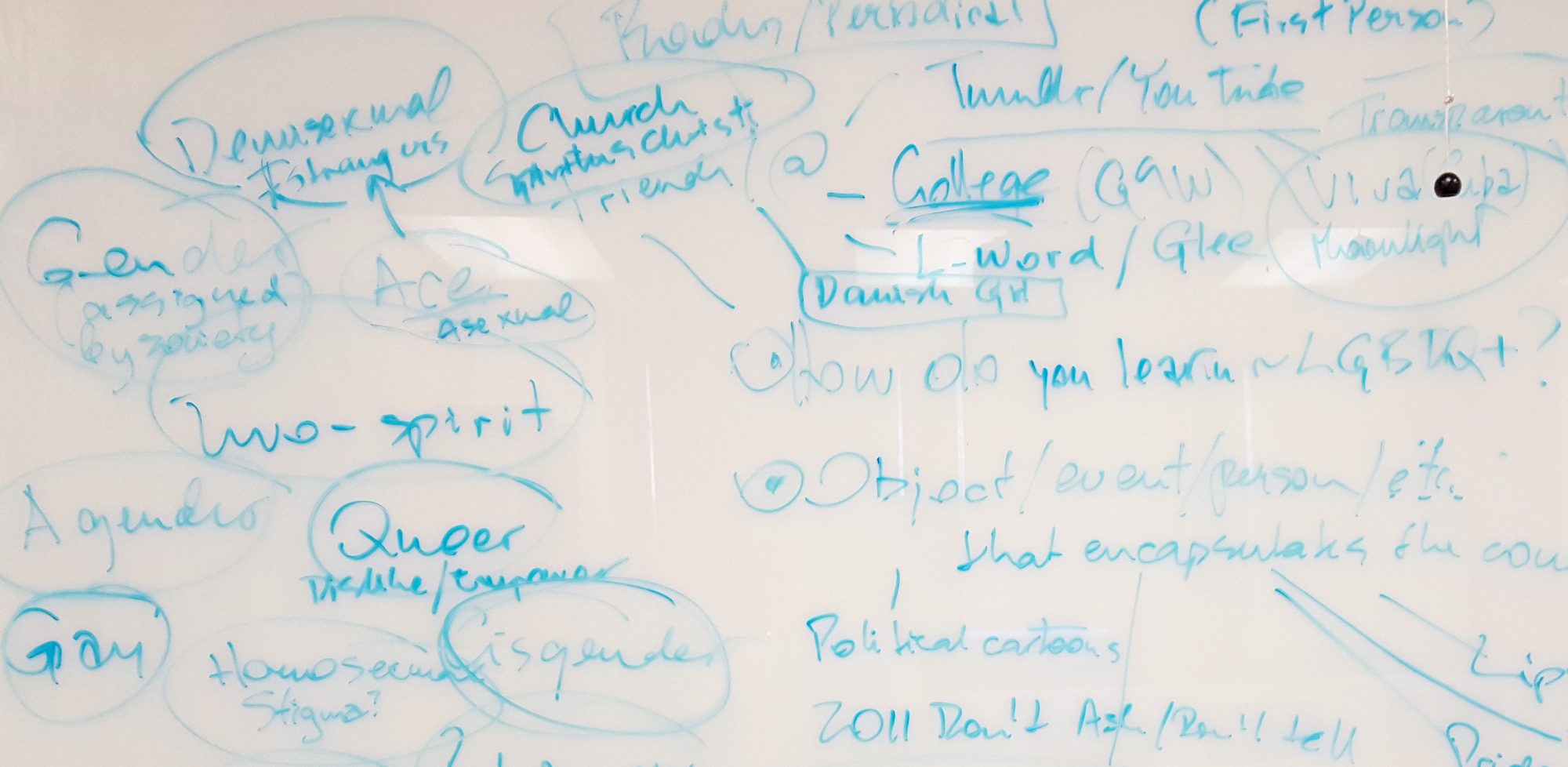One object that stood out to me was the first edition of The Empty Closet from 1971. This item stood out to me because it related directly to the documentary, Shoulders to Stand On, that we watched in class. It also stood out to me because it was written by the University of Rochester Gay Liberation Front which consisted of UofR students who attended in January 1971. The authors of this object were people directly in my shoes, which made it stand out to me. The inclusion of this object in a public exhibition would be extremely important to campus communities because it allows for students to see the direct impact that their university had on the gay rights movement. To me, it was surprising to hear that Rochester, and more specifically the university, played such a role in the early days of the gay rights movement. Seeing this object on display can inform people of the important history of the university they attend.
In my everyday life I experience a lack of inclusion that has left me unsatisfied in the University of Rochester Greek life. I feel that Greek life consists of mostly white, straight, and cisgender people. Though I am white and cisgender, I am not straight and often feel left-out in this regard. However, I feel that Greek life poses more problems to many other people, especially people of color. I have had friends express to me that they feel that Greek life is not a safe-space for them and that they don’t belong in Greek life. I even had a member of my sorority who lives on the sorority floor with me receive hate messages outside of her door. I wish that the UofR would do something to make Greek life more inclusive, but also feel that something needs to be done on a national level to even make inclusion in Greek life somewhat possible.
